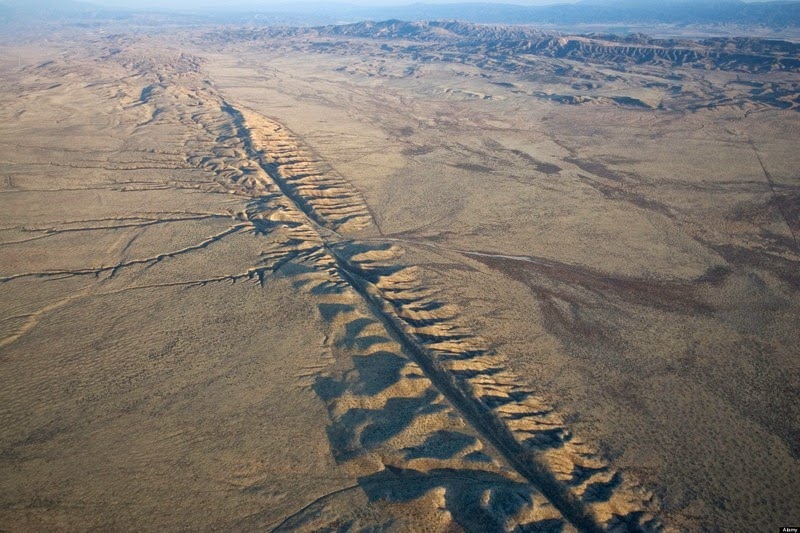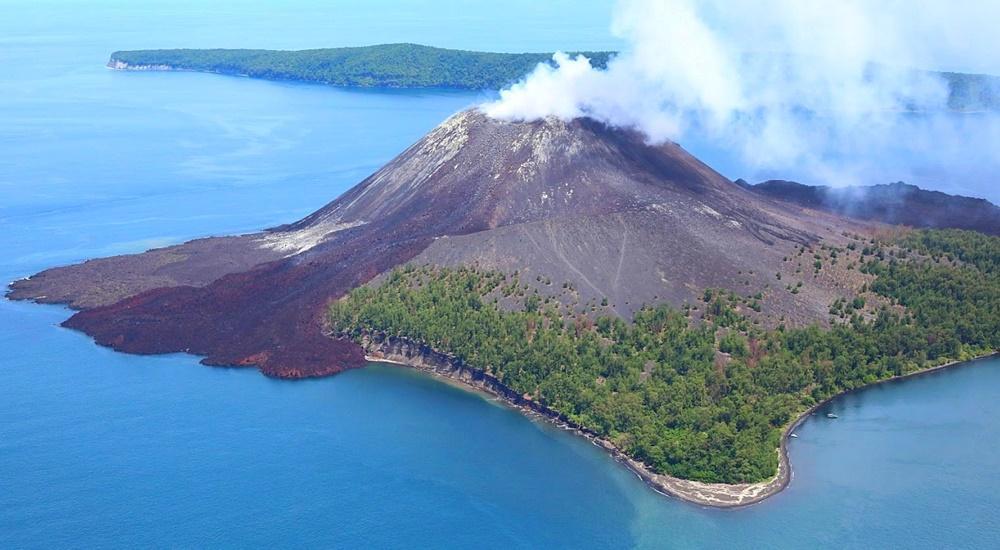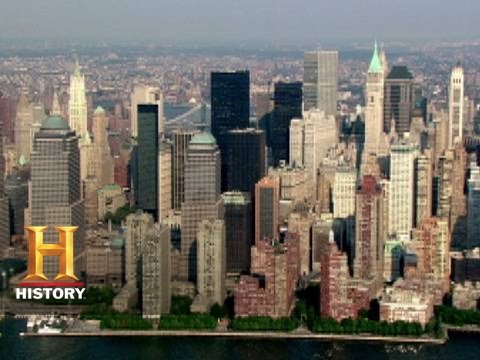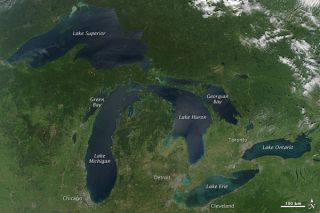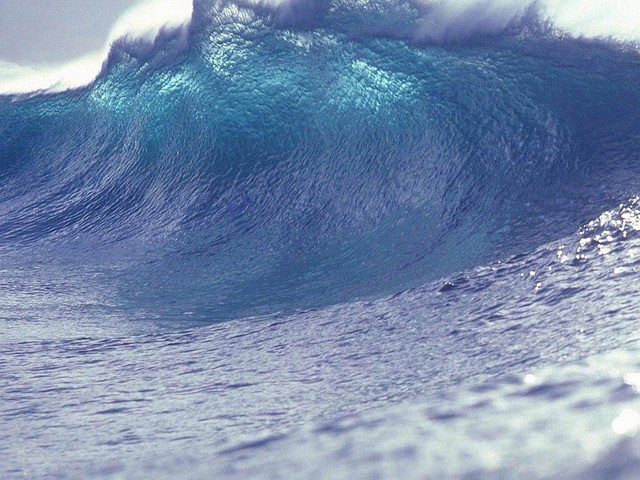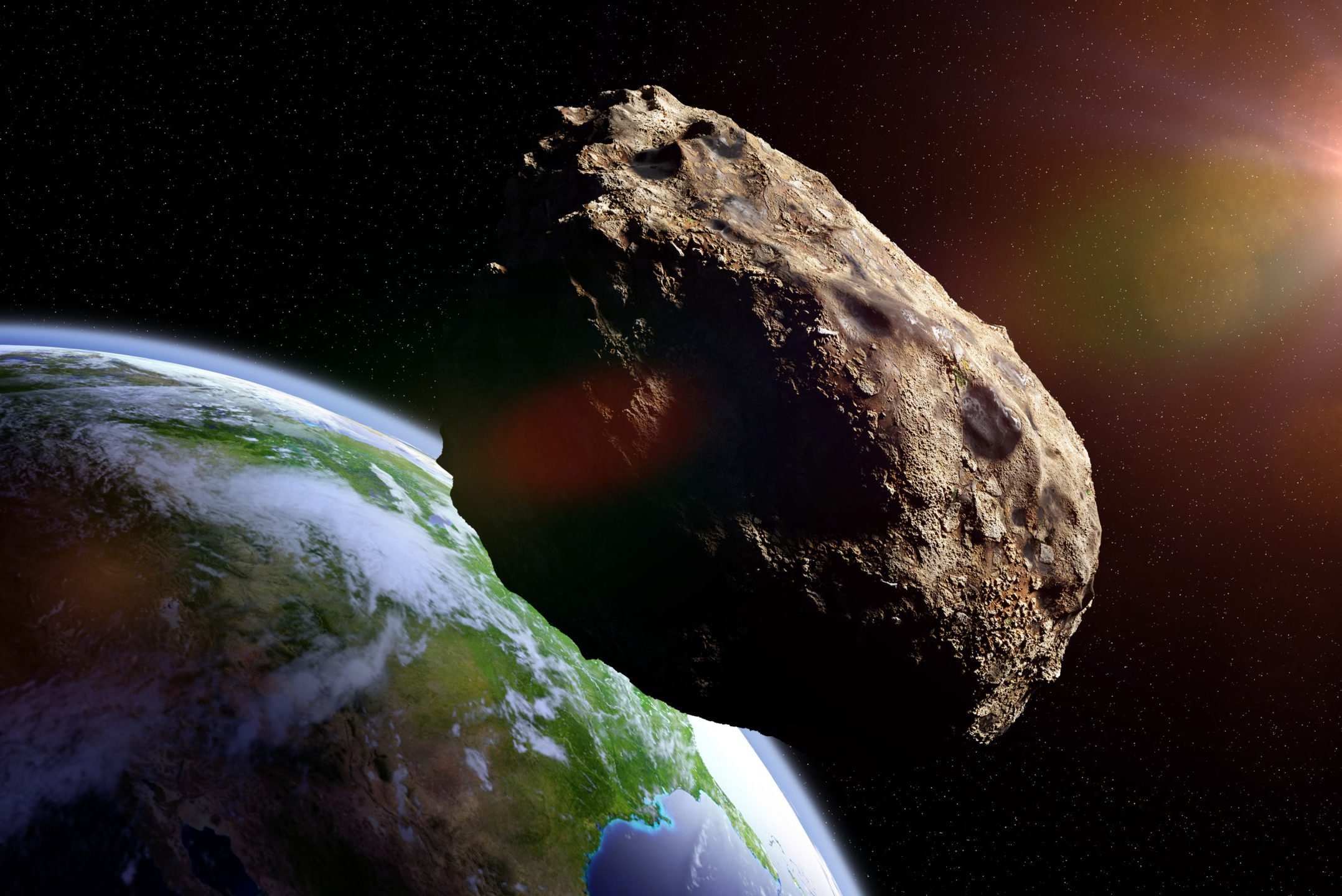How the Earth Was Made • 2009 • 12 episodes • 9h:32m
The natural wonders of the world are being explained.
The discovery of the San Andreas Fault and efforts to understand it are described.
S1E1 • 2009 • Environment
The discovery of the Marianas trench was one of the first puzzle pieces that lead to the understanding of the most massive process that shapes the geology of the Earth; plate tectonics and the creation of new crust in the mid-ocean ridges and its subduction under the continents.
S1E2 • 2009 • Environment
The unique geological conditions that make Krakatoa and its successor, Anak Krakatau, extraordinarily explosive and, despite its remoteness, dangerous are explained.
S1E3 • 2009 • Environment
Scotland is a ground zero for some of the most significant geologic cataclysms in Earth's history. Understanding of these titanic shifts was prompted by a mysterious lake known as Loch Ness.
S1E4 • 2009 • Environment
The geological history of New York City is as superlative as it's current economic impact including; a titanic mountain rage, massive volcanic eruptions, immense glaciers and an enormous flash flood.
S1E5 • 2009 • Environment
Chile's Atacama Desert is the driest, oldest and deadest desert on earth. Yet it's plays host to living creatures and penguins even thrive nearby. It may provide clues to where to look for life on other, seemingly barren, planets.
S1E6 • 2009 • Environment
The Great Lakes region provided geologists with much of the evidence for the frequent ice ages that visited North America. But the lakes may be a rather transient feature of the continent dependent upon the recurring ice ages to maintain their existence.
S1E7 • 2009 • Environment
The evidence, structure, history and potential threat of the Yellowstone super volcano are described.
S1E8 • 2009 • Environment
A tsunami is a dramatic indicator of geological activity magnifying the impact into extensive coastal destruction. Scientists searching for evidence of past tsunamis to predict when they are likely to recur and how severe they are likely to be uncover a new phenomenon, the mega-tsunami.
S1E9 • 2009 • Environment
The Hawaiian Islands are a study in contradictions. The fastest growing islands on earth are also the fastest disappearing. Made of one of the hardest minerals, it crumbles at a touch. The world's most active volcano is nowhere near the typical volcanic regions. Geologists strive to understand these mysteries.
S1E12 • 2009 • Environment
The Alps are known as the majestic mountain range of Europe. But their formation from a collision between Europe and Africa left an unstable structure that is now a classic study in erosion by rivers of water, ice and rock suggesting an even greater former glory. Left unexplained is why the Mediterranean Sea exists between the continents.
S1E13 • 2009 • Environment
